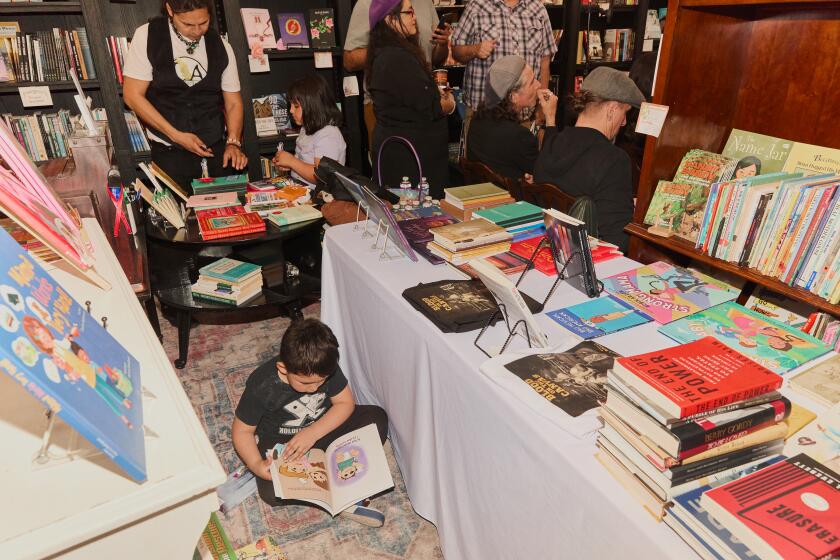The Pain, Courage and Endurance of a Boy Left Behind in Vietnam
The last of the many terrible images of the Vietnam War is a crowd of desperate people on the roof of the U.S. Embassy trying to climb aboard the final few helicopters leaving Saigon on April 30, 1975. Among that crowd, one of the many who didn’t make it was 8-year-old Kien Nguyen, son of a Vietnamese mother and an American GI. Ten years later, thanks to an agreement between the United States and Vietnam allowing Amerasian children to resettle in America, Nguyen was finally able to leave Vietnam.
“The Unwanted” is his harrowing account of what life was like for him and his family in those nightmare years. Nguyen begins his story with the celebration of his fifth birthday in 1972, when he and his younger brother, Jimmy, lived with their glamorous, snobbish mother and venerable grandparents in the splendor of a 24-room mansion by the beach at Nhatrang. The ultimate source of all this luxury was the money left by two successive American soldiers before returning to the United States: Kien’s father and Jimmy’s father. The boys’ mother used her capital to build the mansion and become a bank partner.
By the time that Nhatrang and Saigon fall, the household in which Kien has been living bears more than a passing resemblance to a Communist propaganda version of a capitalist den of inequity, with the narcissistic, self-indulgent, arrogant mother disporting with her nasty live-in (Vietnamese) boyfriend and lording it over her family and the gentle maidservant Loan.
Naturally, the mother has connections, which is how the family finds itself on the roof of the U.S. Embassy trying to flee before the Communist takeover. When they are left behind, they suffer a seemingly endless succession of hardships. Once wealthy, they are now abysmally poor. Not only must they contend with the animosity of the triumphant Communists, but, what is even worse, they are forced to go and live with Nguyen’s virulently jealous sister and her family, including eight sons who viciously torment their “half-breed” cousins. Indeed, in a story about the harshness of Communism as well as the racial hostility endured by Amerasian children, some of the most shocking mistreatment that Kien and his family suffer comes from their relatives. These are people who literally kick a puppy to death, just for spite, and who practically beat a starving child to death for taking a few potatoes.
The catalog of trials and tribulations that befall Kien and his family are more than enough to furnish the material for an entire shelf of books. Nguyen describes them with an almost hallucinatory vividness. It is a horrifying and amazing chronicle of pain, courage and endurance. We see Kien’s gradual transformation from a gentle, guileless little boy into a resilient, resourceful youth. And in the background, just beyond our range of sight, his dragon-lady mother starts using her toughness to protect her family. Equally impressive are the portraits of Kien’s grandparents, who are bastions of decency and wisdom in a time filled with viciousness and brutality.
The Vietnamese hostility to Amerasians might be judged a less reprehensible--or, at any rate, more understandable--kind of racism than that espoused by the Ku Klux Klan. Although hardly admirable, such an attitude might be expected among a people who’d recently been fighting a fierce and bloody war against American invaders. When the Americans departed, the women who had consorted with them and the innocent children of such unions bore the brunt of the bitter antagonism. It seems clear that were it not for his light eyes and curly hair, young Kien, a well-behaved, diligent student, would have managed reasonably well under the new regime. His heart-rending story amply demonstrates the dire need for the policy and program that has enabled some of the most hapless victims of the Vietnam War to settle in the land of their largely unknown fathers.
More to Read
Sign up for our Book Club newsletter
Get the latest news, events and more from the Los Angeles Times Book Club, and help us get L.A. reading and talking.
You may occasionally receive promotional content from the Los Angeles Times.






